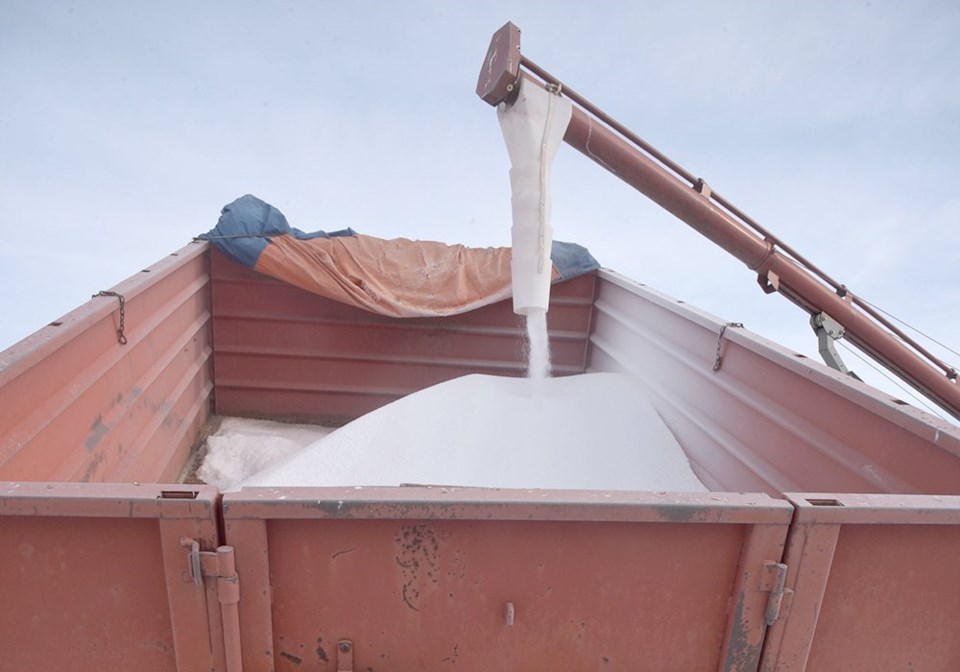Canadians have a complicated relationship with government regulations, which are often a lightning rod for complaints about how Big Government gets in the way of efficiency, productivity and innovation.
But then a catastrophe happens, such as a contaminated water crisis, and it suddenly becomes government’s fault for not keeping a close enough eye on the offending party.
Safety issues can be the trickiest areas in which to find the proper balance.
A case in point is how crop inputs and agricultural technology products are regulated in this country.
There have long been complaints over how much time it takes to approve new products in Canada, but recently the rumblings have turned into a roar.
Several examples have appeared in this paper in recent weeks, including a front page story detailing concerns about the country’s bad international reputation in this regard.
“(Ag tech) companies are getting the impression that Canada is a very difficult place for the regulatory registration process,” said an official from a California investment company who was born and raised in Manitoba.
That was followed by a story about a Canadian ag tech firm that does most of its business in the United States because of difficulty getting products approved on this side of the border.
It wasn’t much of a surprise when a private member’s bill was introduced in the House of Commons last month in an attempt to fast-track these kinds of approvals.
Kody Blois, the Liberal chair of the House’s agriculture committee, has received widespread support from the agricultural sector for a bill that would shorten the amount of time needed to register seed, feed and crop protection products.
Bill C-359 would amend the Seeds Act, Feeds Act and Pest Control Products Act to provide a 90-day provisional registration for products from other countries that have been approved in at least two trusted jurisdictions.
Blois’s move was popular in agricultural circles.
When he called a news conference to talk about it, he was flanked by officials from the Canadian Federation of Agriculture, the Canadian Cattle Association, Fruit and Vegetable Growers of Canada, the Canadian Canola Growers Association and Grain Growers of Canada.
And at first glance, there doesn’t appear to be much with which to quibble.
Canadian farmers compete in a global marketplace, and it seems unfair to restrict access to a product that is available to competitors who share our commitment to consumer safety and environmental protection.
But while this bill makes its slow journey through the legislative process, we feel compelled to urge further scrutiny of this proposal.
For starters, Canada has a much different climate than that of many “trusted jurisdiction” countries including the United States, Europe and Australia.
Just because Product A works there doesn’t mean it will perform the same way here.
Then there’s the thorny issue of offloading safety reviews to someone else. What will that do to public perception when it comes to safety? Might it be better to increase funding to the Canadian Food Inspection Agency and the Pest Management Regulatory Agency so they can speed up their approval processes?
This bill isn’t going to be dealt with overnight, and there will be plenty of time to ensure we get it right.
However, efforts to make sure that happens must start now.
Karen Briere, Bruce Dyck, Barb Glen, Michael Robin, Robin Booker and Laura Rance collaborate in the writing of Western Producer editorials.
SASKTODAY.ca is Saskatchewan's home page. Bookmark us at this link.




